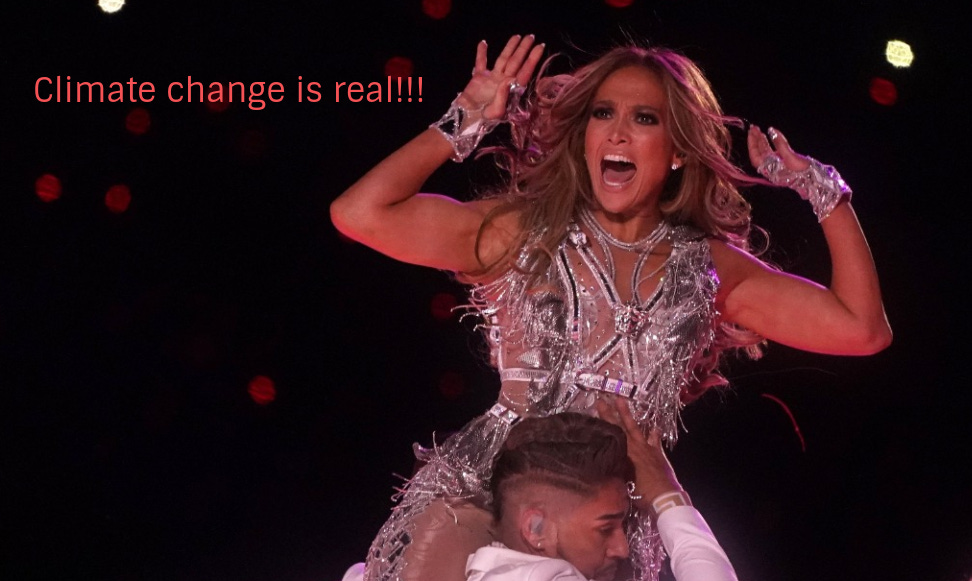Super Bowl highlights for climate nerds
You can't escape climate change. Not even at the Big Game.

Image source: Timothy A Clary/AFP via Getty Images
Football is not a sport I know much about. I was raised to be more of a baseball girl. Go Mets.
I do know a lot about climate change, though, and I know I can make anything about climate change if I try hard enough. I don’t even really have to try that hard. Climate change affects and infiltrates literall…


